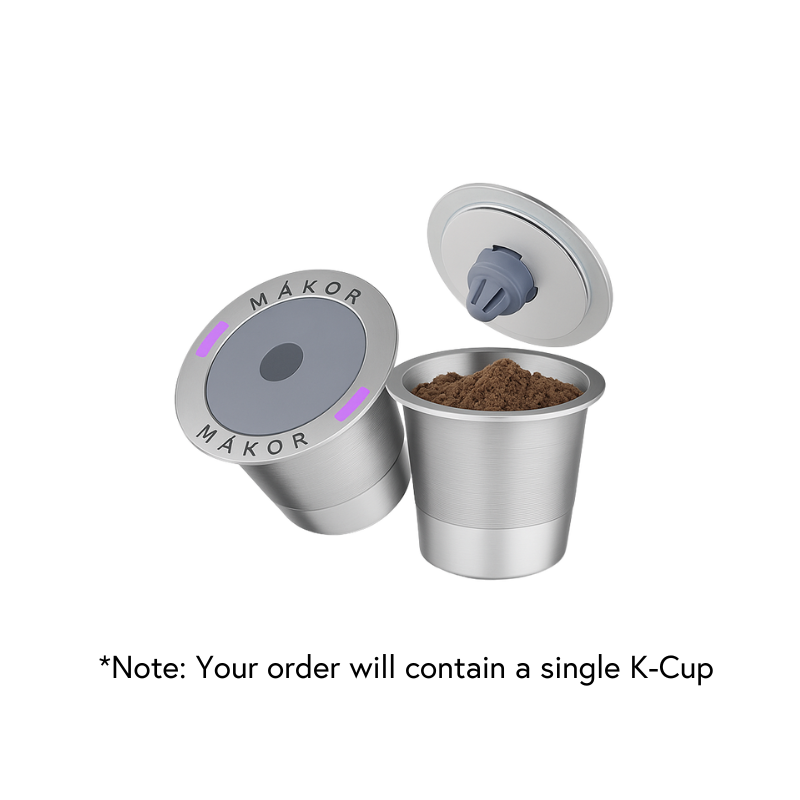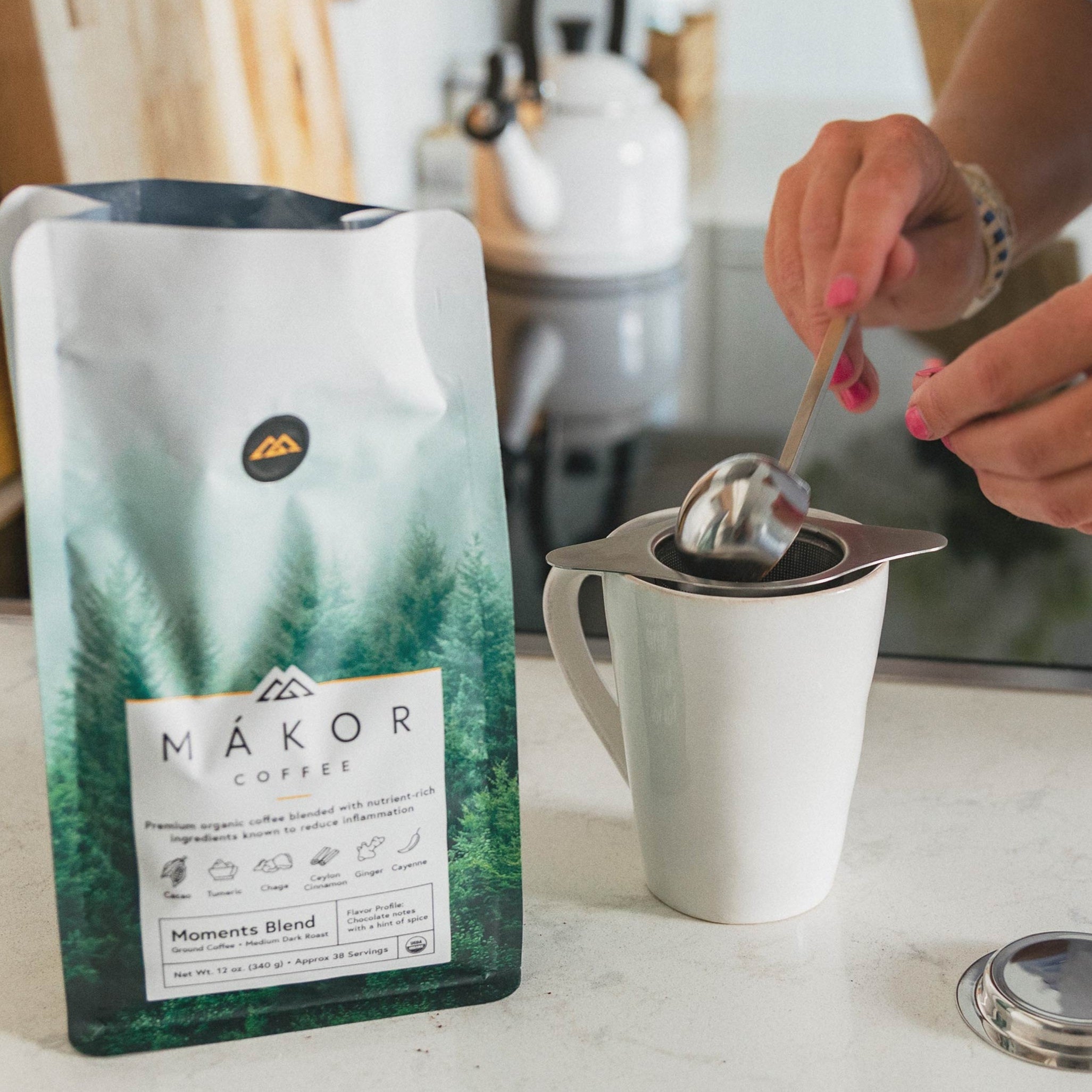In a world where labels like "organic" can sometimes feel like marketing buzzwords, it’s fair to ask: does organic coffee really matter? And if so, does the elevation at which it's grown make a difference? The short answer: yes and yes. But let’s dig into why.
The Truth About Conventional Coffee
Coffee is one of the most chemically treated crops in the world, with conventional coffee farming using an estimated 250 pounds of chemical fertilizers per acre. These synthetic pesticides, herbicides, and fungicides have been linked to soil degradation, water contamination, and adverse health effects for farmers and consumers. Studies have shown that up to 97% of pesticide residues remain on conventionally grown coffee beans even after processing.
Additionally, conventional coffee farming contributes significantly to deforestation. According to the World Wildlife Fund, approximately 37 of the world’s 50 largest coffee-producing countries have undergone deforestation due to coffee farming expansion, leading to biodiversity loss and climate change impacts.
Why Organic Coffee is the Better Choice
When you choose organic coffee, you’re supporting farming practices that prioritize soil health, biodiversity, and sustainability. Organic farms use composting, crop rotation, and natural pest deterrents, reducing environmental harm while also producing coffee with fewer contaminants. Additionally, organic coffee farms emit 40% less carbon compared to conventional farms, making them a more climate-friendly option.
Why High-Elevation Coffee is the Best
The best organic coffee is often grown at elevations above 4,000 feet (1,200 meters). Here’s why that matters:
-
Slower Growth, Better Flavor – Coffee plants grown at high elevations mature more slowly, allowing the beans to develop denser, more complex flavors. This is why high-elevation coffees tend to have more nuanced tasting notes—think bright acidity, floral undertones, and deep, chocolatey richness. Research from the Specialty Coffee Association shows that coffees grown above 4,500 feet score consistently higher in cupping quality tests.
-
Naturally Resistant to Pests – Pests that thrive in lower-altitude, warmer conditions struggle in the cooler mountain air. This means high-elevation organic coffee requires fewer natural pest interventions, further ensuring a cleaner, purer bean. A study in the Journal of Agricultural Science found that coffee plants grown at elevations above 1,200 meters have a 35% lower incidence of pest infestations compared to lower-grown counterparts.
-
Better Drainage, Healthier Roots – High-elevation farms have better soil drainage, reducing the risk of root rot and encouraging stronger plant health without synthetic fertilizers. This contributes to a higher yield of premium-grade coffee beans.
But Does It Really Make a Difference?
Skeptics might argue that all coffee is roasted at high temperatures, so any pesticide residue is burned off, and elevation is just another fancy term for "expensive." But coffee isn’t just about what happens at the farm—it's about what happens to your body when you drink it. High-elevation organic coffee tends to have lower levels of mycotoxins (harmful molds that can develop in lower-quality beans), meaning you’re getting a cleaner, healthier cup every time.
Moreover, coffee is something many of us drink daily. A study published in the Journal of Food Science found that regular consumption of conventional coffee with pesticide residues was associated with a 23% higher likelihood of developing chronic inflammation-related illnesses. That’s a lot of exposure over time. If you care about what you put into your body and how your daily choices impact the planet, organic high-elevation coffee is one of the simplest, most effective ways to make a positive impact.
The Bottom Line
If you love coffee for its flavor, high-elevation organic coffee offers a more complex, satisfying cup. If you care about sustainability, it supports farming methods that prioritize soil health and biodiversity. And if you simply want a cleaner, purer daily ritual, choosing organic coffee grown at altitude is one of the best choices you can make.
At the end of the day, not all coffee is created equal. And once you experience the difference in taste, quality, and impact, it’s hard to go back.




